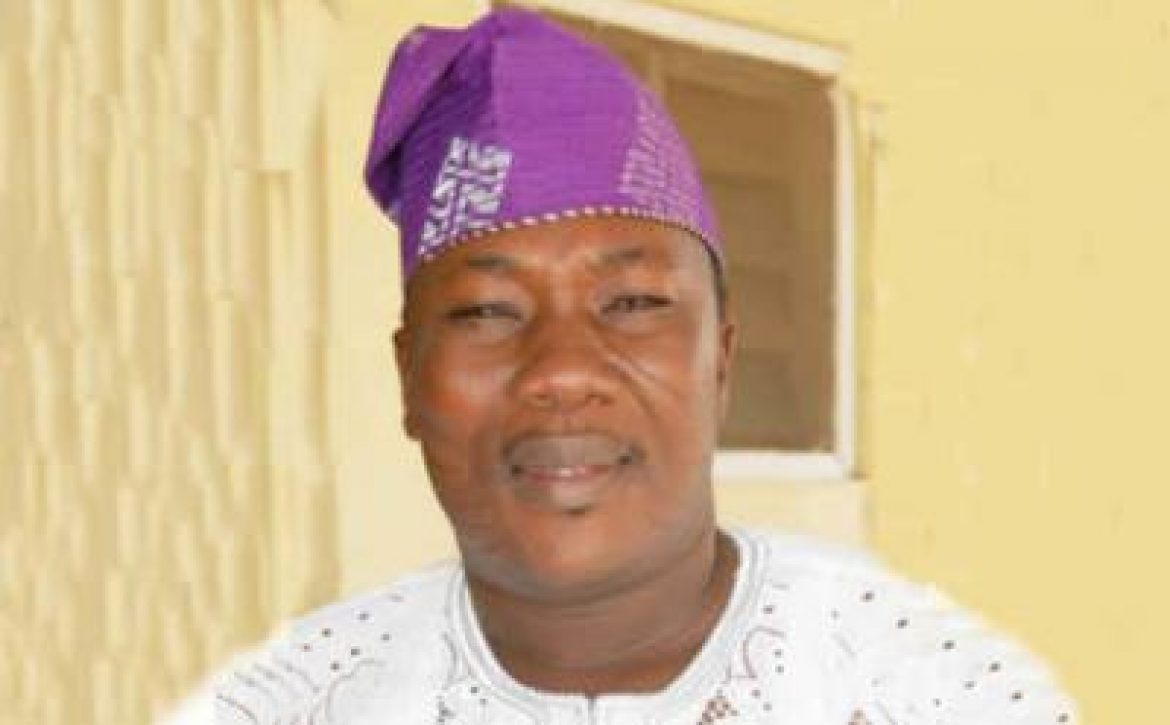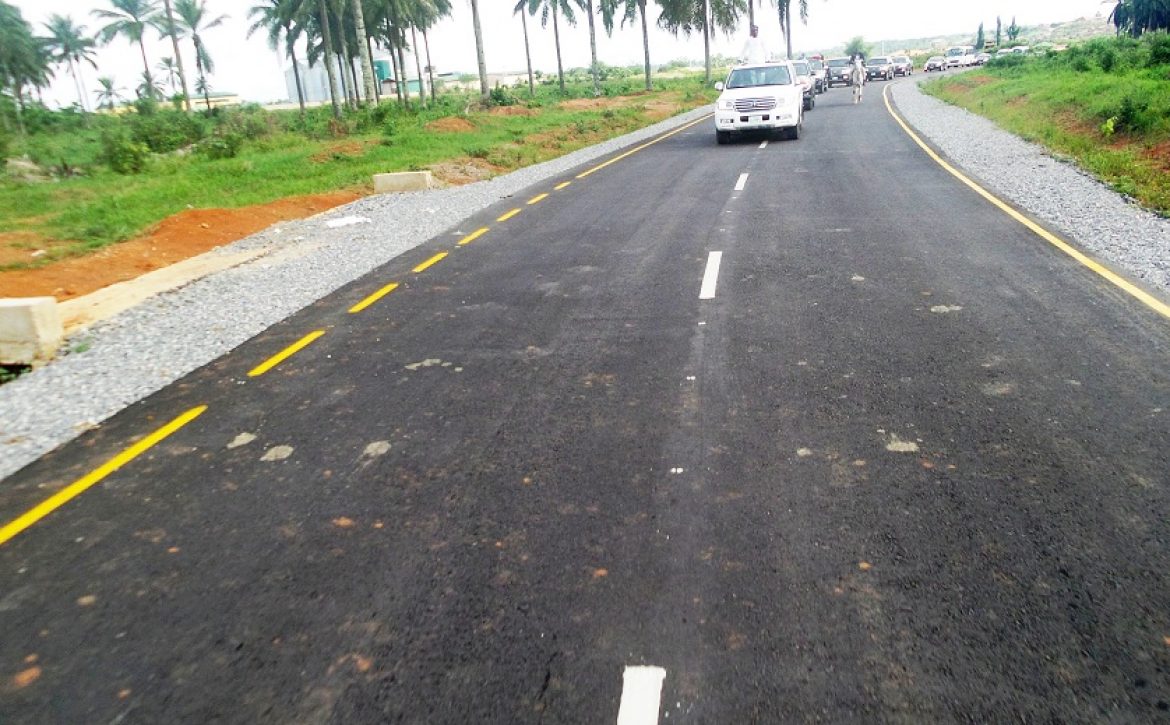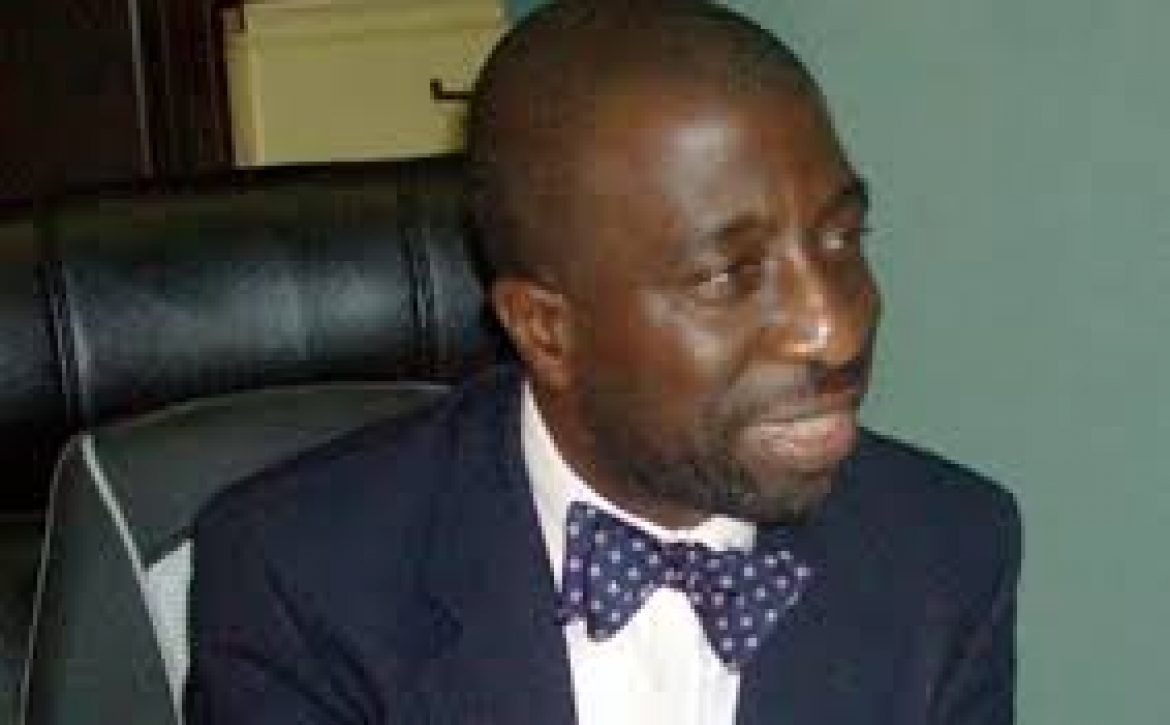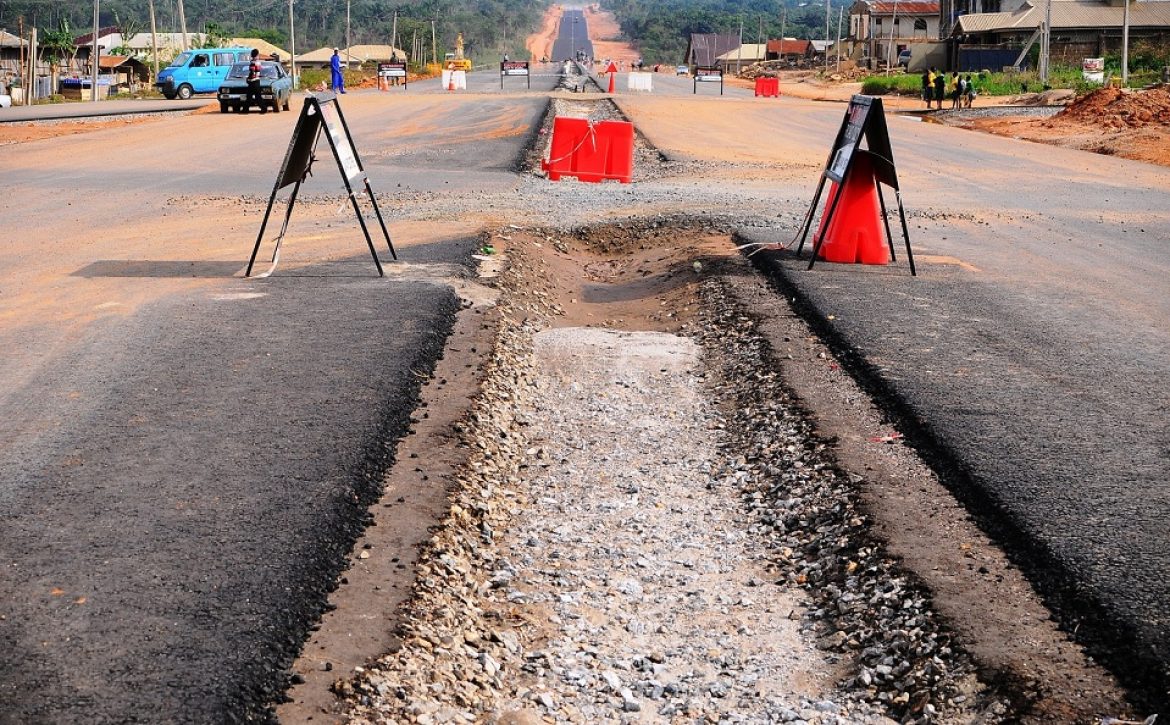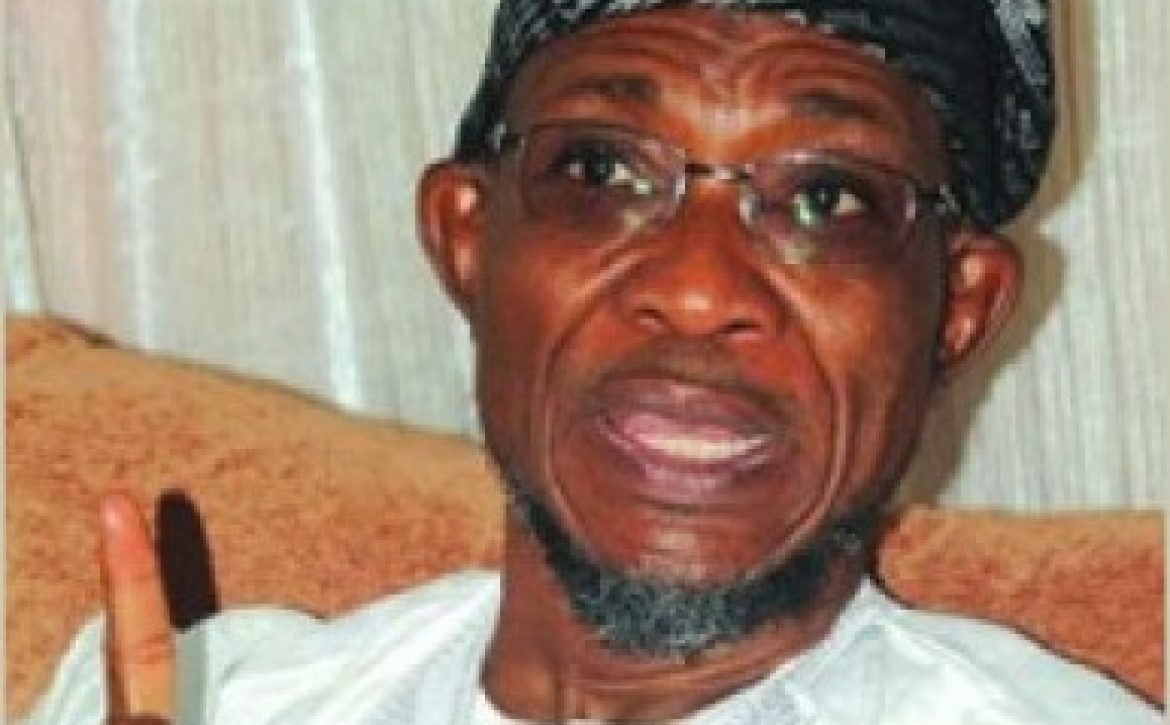 If you are on the same page as I am on the matter of the forthcoming governorship poll in the State of Osun, then you are probably noticing a most interesting development of our time. Of the two leading contestants, Governor Rauf Aregbesola of the All Progressives Congress (APC) and Chief Iyiola Omisore of the Peoples Democratic Party(PDP), one would be waving a scorecard of verifiable achievements to ask for the renewal of his mandate at the August ballot, while the other, untested in the delivery of good and disciplined governance, would be flaunting a promissory note to request for the people’s vote.
If you are on the same page as I am on the matter of the forthcoming governorship poll in the State of Osun, then you are probably noticing a most interesting development of our time. Of the two leading contestants, Governor Rauf Aregbesola of the All Progressives Congress (APC) and Chief Iyiola Omisore of the Peoples Democratic Party(PDP), one would be waving a scorecard of verifiable achievements to ask for the renewal of his mandate at the August ballot, while the other, untested in the delivery of good and disciplined governance, would be flaunting a promissory note to request for the people’s vote.
Now, between the one who has performed and is reeling out his accomplishments which the whole world can see and the other who is merely promising heaven and earth(he might include hell!) based on ”unsecured” pledges, who will electorate opt for? The first is asking for votes upon his conviction that he has done well to deserve an encore in office. That is to say he is resting on what political scientists call the theory of merit votes.
The theory says an incumbent office holder who has done well merits the vote or mandate of the people on account of the solid achievements in his first term, if he should seek re-election. He stands on a surer footing for a second coming than the inexperienced person.
In addition to these theorists, the greatest and most visible proponents and supporters of this position are the people who have benefited from the government of Rauf Aregbesola, the intellectuals as well as the media practitioners in our midst. We must applaud them for this. For it is only when we establish merit as the core utility in our daily activities and at election time that we can expect genuine elevation of ethical values in the society.
A people seeking progress and stability should be driven by “meritocracy”, if you permit poetic license to apply this coinage! They would head into a blind alley if they should rely on the promissory notes of Omisore. At the moment what he is doing is to ask for the vote of the people based strictly on the promises to provide this and to provide that if elected, and to even cancel what have been provided.
Promissory notes, as well known US lawyer Aaron Larson observes, are unreliable as a tool for “adequate protection”….. In the event the promisor defaults”. He calls the promissory note an “unsecured” obligation which can result in “bankruptcy”. He said “care should be taken” on the issue of those offering promissory notes. (See Promissory Note Template by Aaron Larson published by Law Offices of Aaron Larson, Michigan, the United States of America 2003).
In Nigerian politics, promissory notes are even more treacherous and hazardous as an instrument of bargain or campaign for vote. Once the promisor secures your vote, he reneges on his word and resorts to harsh tactics of alienation. The wise citizen would keep a very long distance from him and go for the one who is asking you to examine the scorecard of his tenure to see the difference between the two.
And the difference is clear…
Under Rauf Aregbesola, the State of Osun has crossed the line away from the indices that made observers call it a dull and poor civil service state. A Briton who toured the state declared after coming face-to-face with the changes he saw:”Osun is brimming with possibilities”.
The changes going on in the state are specially programmed to raise a new breed of citizens prepared for the future and to compete with those in areas we call the advanced societies of the world. Aregbesola correctly argues that education is the key. So, he has practically destroyed the mechanism of the past that made it impossible for the Osun citizen to develop. His school reclassification policy, along with Opon imo learning technology and a conducive teaching ambience has now been accepted statewide, indeed nationwide and globally.
In nearly four years, the APC government has now put in place an aggregate of economic and social policies that have attracted critical acclaim to earn Osun the respectable position of being the seventh largest economy in Nigeria. Yet, Osun is only a state of four million people with less than N300 million internally generated revenue (IGR) when the Ogbeni took over in 2010. Today, it boasts IGR of N1.6b.
Naturally, the Gross Domestic Product (GDP) has also gone up, rising from N110 billion in 2010 to N800 billion in 2013. The implication is that there has been a huge thrust of economic activities and steady investment in infrastructure development in the State of Osun, including the move to build an international airport. It is going to have the longest runway in Africa.
These are citizen-friendly statistics, enabling mass employment, the provision of modern roads, hospitals, schools, industries, subsidized agriculture, free nutritious meals for students, welfare packaged for the vulnerable in the society and a general clime of stability and peace.
At the poll in August 2014, this is the merit test Rauf Aregbesola will subject himself to. He will be telling the people he merits (deserves) their overwhelming vote again because of his achievements. Poor Iyiola Omisore will tender empty promissory notes! What a shame!.
Oluwalogbon, a media practitioner of International exposure, writes from Osogbo
GAZELLE NEWS



